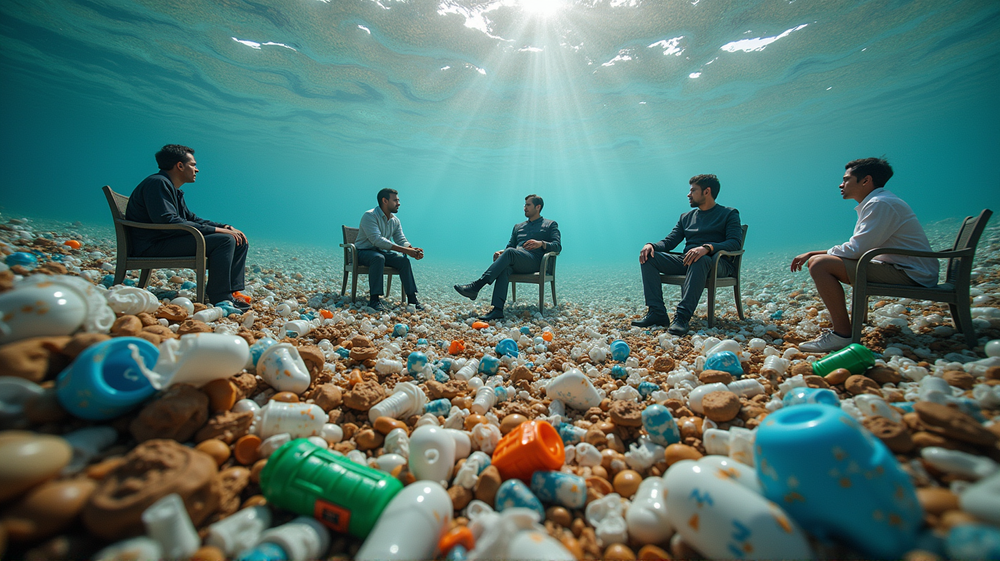In a crucial effort to address the escalating plastic pollution crisis, delegates from around the globe convene in Geneva this week. This pivotal gathering marks the sixth negotiation session towards developing a landmark international treaty aimed at eradicating plastic pollution, with optimism that it may be the last.
Meeting of Minds: The Treaty’s Potential
World leaders, environmentalists, and industry representatives emphasize the need for a legally binding instrument to halt the relentless plastic pollution harming aquatic ecosystems and communities worldwide. As stated in KSAT, the treaty aspires to mobilize global action and address the full life cycle of plastics—encompassing production, design, and disposal.
Luis Vayas Valdivieso, chair of the negotiating committee, expresses hope that this 10-day meeting can be groundbreaking in the journey towards ending plastic pollution. He stresses the treaty’s potential to wield significant global influence if successful.
Urgent Action Needed: The Global Stakes
Angelique Pouponneau, representing small island and coastal states, underscores the human and environmental toll of plastic pollution, particularly on vulnerable communities. With between 19 million and 23 million tons of plastic waste infiltrating aquatic ecosystems annually, there’s scant room for delay.
United Nations Environment Programme Executive Director Inger Andersen highlights the intricacy of the matter, citing a narrow but vital pathway to treaty success. Though consensus appears challenging, the urgency is undeniable.
Divergent Views: Production Limits at Odds
Sharp divisions persist over whether to impose limits on plastic production. Countries like Panama advocate tackling production at its source, warning against politically convenient but environmentally inadequate solutions.
Meanwhile, prominent business coalitions support a multi-pronged approach, entwining production cuts with enhanced recycling efforts to create global uniformity that minimizes operational headaches.
Navigating Uncertainty: Finding Common Ground
With polarizing opinions on production caps, negotiators deliberate over methods to achieve consensus, considering opt-in or opt-out provisions. Bjorn Beeler of the International Pollutants Elimination Network cautions against diluting the treaty’s enforceability, seeking synergy in different approaches to secure global agreement.
Commitment to Progress: The Road Ahead
Attendees range from government officials to Indigenous leaders who advocate fiercely, ensuring that voices of those most affected are heard. In the face of adversity, Graham Forbes of Greenpeace asserts that recycling alone cannot rectify the crisis, advocating significant production reductions by 2040.
As delegations navigate complex negotiations in the coming days, the world holds its collective breath, hoping that Geneva will herald a new, impactful era in the fight against plastic pollution.












